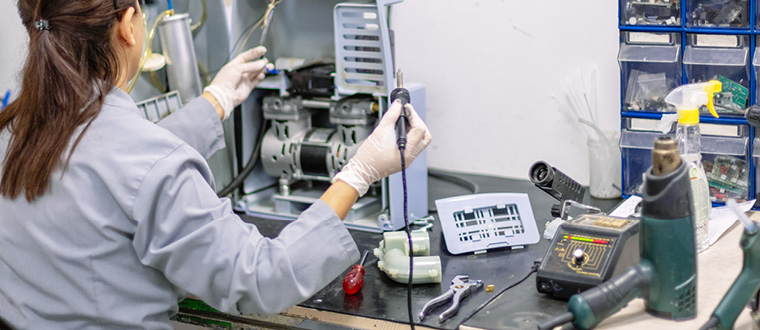Biomedical Engineer
What's it like to be a Biomedical Engineer?
A Biomedical Engineer (Mataaro Rongoā Koiora) is an Engineer with specific knowledge of the medical sciences, healthcare, human anatomy and pathology. They help design, test and implement a wide range of technologies and innovations to be used within healthcare settings, including prosthetics, software for medical professionals, new drugs and imaging machines. Biomedical Engineers may work in a lab or office setting within an organisation, or make site visits to help with the installation and maintenance of technologies. Some Biomedical Engineers conduct research, particularly if they’ve completed a PhD in the field.

Tasks and duties
- Designing equipment and devices used in healthcare and medicine such as prosthetics, diagnostic machines and software.
- Installing, maintaining and repairing biomedical equipment.
- Evaluating the safety, efficiency and effectiveness of equipment.
- Training clinicians and patients in the use of equipment.
- Conducting research needed to solve clinical problems.
- Conducting research into new drug therapies.
- Writing technical reports and presenting research findings.
How to become a Biomedical Engineer
To become a Biomedical Engineer you’ll need specialist qualifications from a university.
- 1.
Complete a four-year bachelor degree with honours in biomedical engineering or a related field.
- 2.
If you want to work in Biomedical Engineering research, you’ll likely need a PhD in the field. A masters degree in engineering is usually required before commencing a PhD.